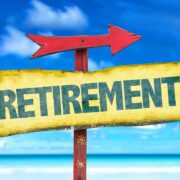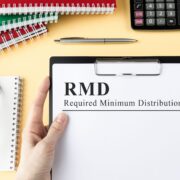KEY POINTS
- More than half of employees state among the factors they want to continue working in retirement is the favorable influence it would have on their mental wellness, according to a brand-new study.
- Others say they would work throughout their golden years to benefit their financial scenario.
- Many employees also would choose to conserve more for retirement than be completely debt-free.
For lots of employees, a standard retirement is not part of their plans.
Among infant boomers still in the workforce, 59% expect to keep infiltrating retirement, a brand-new study from Voya Financial shows. For Generation X, that share is 60% and for millennials, 49%. In general, 54% of all employees state their retirement years will consist of a task of some sort.
“The definition of retirement is developing and will keep evolving,” stated Charlie Nelson, CEO of Retirement and Worker Advantages for Voya. “It’s not going to be about working until a certain age and after that changing to no work.”
The research study, based on a survey of about 1,000 individuals carried out in waves from March through July, explored employees’ mindsets about retirement throughout the pandemic. Voya defines baby boomers as those born 1946 to 1964; Gen X, 1965 to 1980; and millennials, 1981 to 1996.
The results come as economic unpredictability from the pandemic persists and unemployment stays relatively high, at about 10%. At the same time, nevertheless, the stock market– despite dropping in Thursday early morning trading– is far above its lows previously in the year.
The S&P 500 index closed Wednesday at 3580.84, up 60% from its March 23rd low of 2237.40. The Dow Jones Industrial Average has gained 56.5% since bottoming out in March at 18,591, closing at 29,100.
Lots of respondents (56%) noted their factors for wishing to continue operating in retirement included their mental well-being, while 40% stated it’s because they desire a safeguard to cover unexpected expenses and get ready for market volatility.
“There might be monetary factors they wish to keep working, or it may be due to the fact that they want to stay mentally alert,” Nelson said.
While the coronavirus has triggered financial uncertainty and capture on households that have lost earnings from being laid off or furloughed, Voya’s study suggests that conserving for retirement remains a concern, with 55% of respondents saying they’d rather save more for retirement than be entirely debt-free.
In fact, lots of employees have increased their cost savings: Nearly 70% of individuals in the retirement plans handled by Voya have increased their contributions during the pandemic.
“What Covid is advising everyone, and we’re seeing in the behavior of numerous Americans, is the significance of conserving, having a plan and staying with your plan,” Nelson said.























Comments